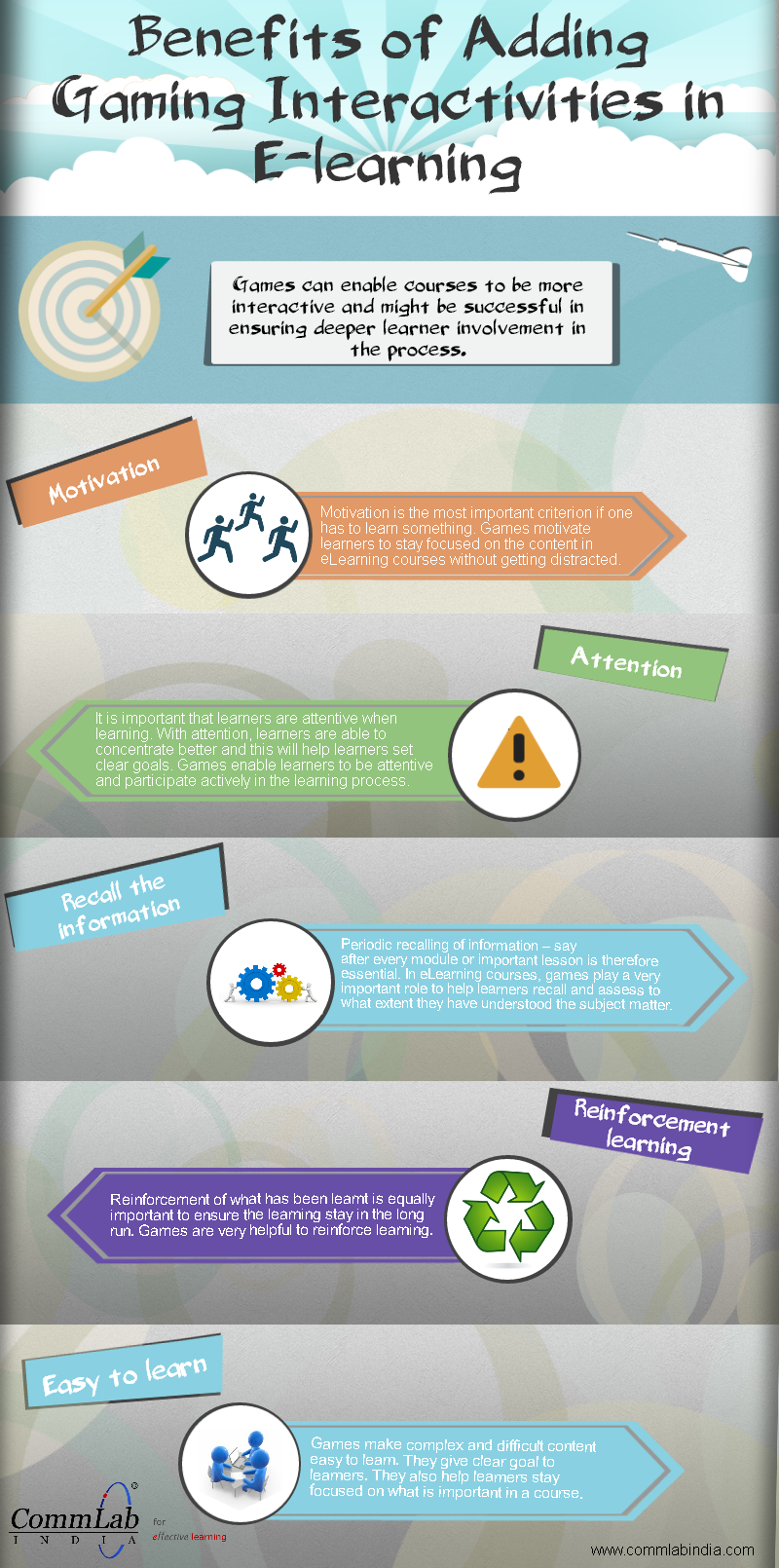How Game-based Learning Scenarios Work For Sales Training Managers

“People leave managers, not companies.” (Source: “The Type B Manager: Leading Successfully in a Type A World” by Victor Lipman). What a powerful statement! It compelled me to pause and ponder. I assume you had a brief moment of introspection to ask yourself if you belonged to that class of managers that employees leave. If you feel your sales reps are leaving you, then it’s time to hone your managerial skills. And what better way to learn than through game-based learning scenarios. Game-based learning scenarios incorporate game elements such as fun, mystery, action, challenge, and risk. Here’s how organizational skills can be enhanced with game-based learning scenarios.
Hone decision-making skills
Game-based learning scenarios put you through real-world situations where you need to think and act. For example, you face a scenario where you are responsible for hiring a sales rep and by the end of the recruitment process, you are left with two hire prospects. It’s time for you to zero in on the one who best fits your requirement. You are given a few options to base your decision on. If your decision is right, you move on to the next level, where another scenario awaits to test your decision-making skills. This enhances your decision-making skills and equips you to face such situations in the real world.
We developed a game-based learning course for our client with 7 different scenarios. Every scenario involved several connected Spinnaker topics that affected their sales and profit evolution. Each scenario provided specific information to support their decision making.
Teach time-management
Managing time is one issue that most managers struggle with. You have so much to do in such a short span: You need to hire, train and monitor your reps, set targets for them, conduct periodic meetings, meet your sales goals, resolve issues, motivate your team, foster teamwork, meet client requirements, and so on. The list is endless and you are in a race against the clock. Game-based learning scenarios help enhance your time-management skills. Games can be designed in such a way that a learner must be able to prioritize tasks and perform them within a stipulated time. Such scenarios teach him to manage time effectively.
Educate on task-delegation
Reinforce learning experiences
Game-based learning scenarios focus more on sequencing learning experiences and less on the curriculum. The incorporation of game elements into learning is a refreshing change for learners as they learn in an informal atmosphere where they have more freedom – freedom to navigate, and freedom to learn at their own time and pace. This helps in better reinforcement of what they learned earlier. You might have taught soft skills and organizational skills in the classroom training sessions, but learning doesn’t end there. Those learning experiences can be reinforced through game-based learning scenarios as they help you reflect on your past learning and enable you to apply principles that you learned.
I see you nod when I say you have to deal with umpteen tasks being a sales training manager. Being in the shoes of a manager brings not only authority but responsibilities too. As you know, responsibilities are handled with skills, and skills need to be polished from time to time. Traditional classroom training may not always be the best of options, but with game-based learning scenarios, you have the chance to be there before you really get there, with a nip of game elements. Want to try?
Click this link to know more about scenarios in eLearning!




![4 Reasons to Crown Rapid eLearning the Champion of Corporate Training [Infographic]](https://blog.commlabindia.com/hubfs/Imported_Blog_Media/rapid-elearning-champion-corporate-training-info.jpg)

